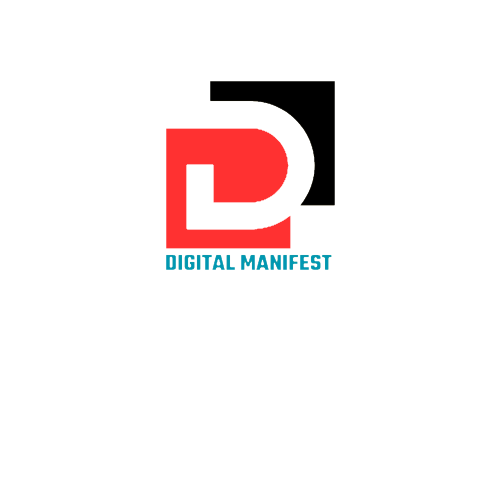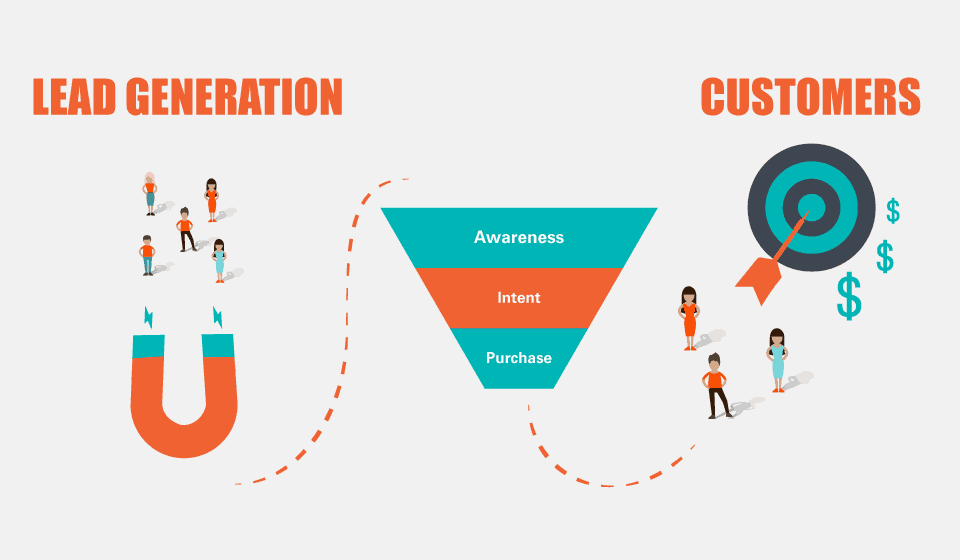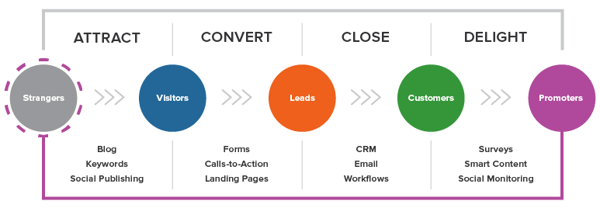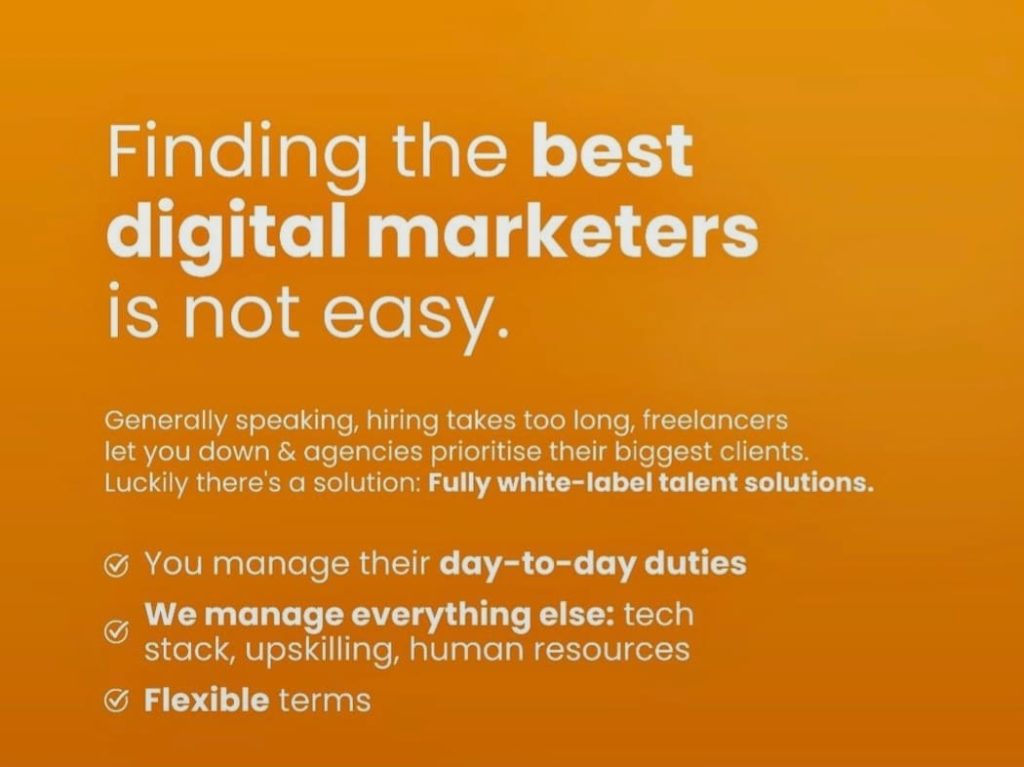
Menu


Lead generation is the process of attracting prospects to your business and increasing their interest through nurturing, all with the end goal of converting them into a customer. Some ways to generate leads are through job applications, blog posts, coupons, live events, and online content.
When a stranger initiates a relationship with you by showing an organic interest in your business, the transition from stranger to customer is much more natural.
Lead generation falls within the second stage of the inbound marketing methodology. It occurs after you’ve attracted an audience and are ready to convert those visitors into leads for your sales team (namely sales-qualified leads).

contacts who’ve engaged with your marketing team’s efforts but aren’t ready to receive a sales call. An example of an MQL is a contact who fills out a landing page form for an offer.
contacts who’ve taken actions that expressly indicate their interest in becoming paying customers. An example of an SQL is a contact who fills out a form to ask a question about your product or service.
contacts or customers who’ve indicated to your service team that they’re interested in becoming paying customers. An example of a service-qualified lead is a customer who tells their customer service representative that they’d like to upgrade their product subscription; at this time, the customer service representative would up-level this customer to the appropriate sales team or representative.
Referral, or word-of-mouth, marketing is useful for lead generation in a different way. That is, it gets your brand in front of more people, which, in turn, increases your chances of generating more leads.
Whatever channel you use to generate leads, you’ll want to guide users to your landing page. As long as you’ve built a landing page that converts, the rest will handle itself.
In any given lead generation campaign, there can be a lot of moving parts. It can be difficult to tell which parts of your campaign are working and which need some fine-tuning.
What exactly goes into a best-in-class lead generation engine? Here are a few tips when building lead gen campaigns.

We will provide services or trailing you and help you achieve your business goals.
At Digital Manifest, we can help you every step of the way. Join our family and build your confidence for the growth and success What are you waiting for? Take the first step today.